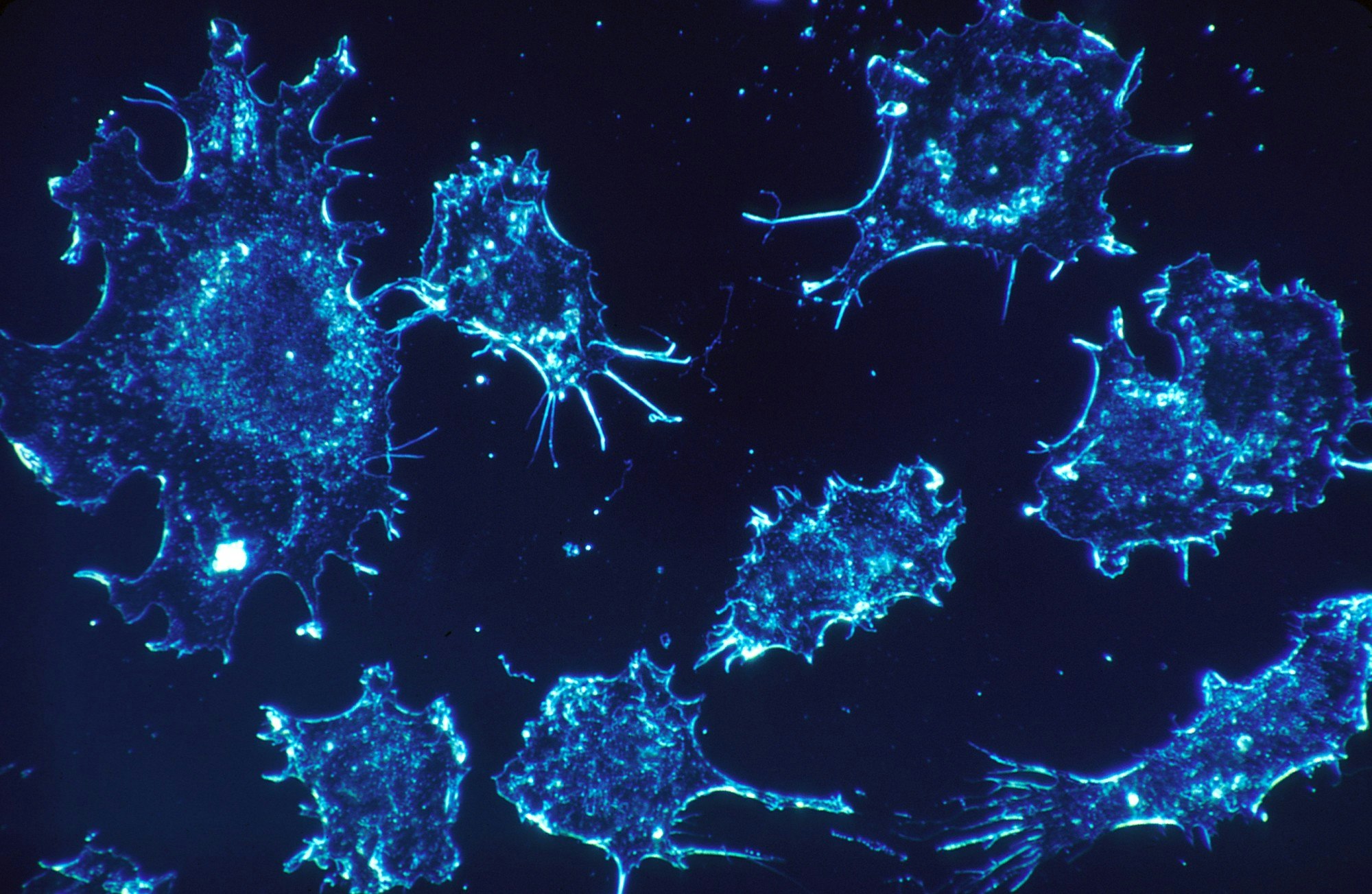Cancer Treatment: Everything You Need to Know About Immunotherapy
Jun 14, 2021
Share

If you or someone you love is suffering from cancer, then you may have heard of immunotherapy.
If you’re wondering ‘what is immunotherapy?’, it’s a form of cancer treatment that helps your immune system battle cancer. Your immune system is there so your body can battle diseases and infections. Your immune system is made up of white blood cells and organs and tissues of the lymph system.
This form of cancer treatment is a type of biological therapy. Biological therapy is a form of treatment using substances from living organisms to treat cancer.
To learn more about immunotherapy, keep reading.
How Does the Immune System Fight Cancer?
Your immune system comprises a complex process your body uses to fight illnesses like cancer. This procedure involves your cells, organs, and proteins.
Cancer can typically beat many of the immune system’s natural defenses, enabling cancer cells to continue to grow. Different forms of immunotherapy work in various ways. Some immunotherapy cancer treatments help the immune system prevent or slow the growth of cancer cells.
Other immunotherapy treatments help the immune system kill cancer cells or prevent cancer from spreading to other areas of the body.
Immunotherapy can be used alone or combined with other different types of cancer treatments.
There are plenty of forms of immunotherapy. They include:
- Monoclonal antibodies and tumor-agnostic treatments, like checkpoint inhibitors
- Oncolytic virus therapy
- T-cell therapy
- Cancer vaccines
The type of immunotherapy drug, dose, and treatment schedule depends on various factors.
These factors include:
- Type of cancer
- Size
- Location
- Where cancer has spread
Your age, overall health, body weight, and how well you can deal with side effects are also essential to consider. Please speak with your professional health care team regarding why they suggest a specific immunotherapy plan.
Which Cancers Are Treated with Immunotherapy?
Immunotherapy cancer treatment drugs have been approved for use with many types of cancer. But, the treatment isn’t yet as widely used as chemotherapy, surgery, and radiation therapy.
Speak with your health care team to see if immunotherapy can be used to treat your cancer.
What Are Some Common Side Effects?
Some forms of immunotherapy attack cancer or slow its spread to other areas of the body. Other types make it is easier for the immune system to kill cancer cells. Immunotherapy may lead to the immune system attacking healthy cells, which can lead to side effects.
Some common side effects of immunotherapy treatment include skin reactions. Skin redness, blistering, and dryness are typical reactions to immunotherapy. The skin on the fingertips sometimes cracks.
The skin may also become more sensitive to sunlight. If your skin is scratched, it may break, making it more susceptible to infections. Inflammation surrounding the nails can make grooming, dressing, and other activities challenging or painful.
Other common side effects of immunotherapy include flu-like symptoms. These include fatigue, fever, weakness, vomiting, dizziness, body aches, and chills. These symptoms are especially common in non-specific immunotherapy and oncolytic virus therapy.
If you experience any of these symptoms, it is essential to stay hydrated. If you have difficulties keeping any liquids down, speak with your doctor on how to manage these side effects. Many side effects and symptoms will fade alone, but others can be severe and require immediate attention.
Individuals may experience other side effects, including:
- Muscle aches
- Difficulties breathing or shortness of the breath
- Edema (swelling of the legs)
- Sinus congestion
- Headaches
- Weight gain
- Diarrhea
- Coughing
- Hormone issues, including hypothyroidism
Hypothyroidism is when the thyroid does not produce enough thyroid hormones. It can cause tiredness and weight gain.
How Often Do You Receive Treatment?
How often and how long you undergo treatment depends on:
- Type of cancer
- How advanced the cancer is
- Type of immunotherapy you receive
- How your body reacts to treatment
You may receive treatment every day, week, or month. Some forms of treatment are provided in cycles. A cycle is a set period of treatment followed by some rest time.
The rest period allows your body the chance to recover, respond to immunotherapy treatment, and create new healthy cells.
How Can You Tell if Treatment Is Working?
Following immunotherapy treatment, you’ll see your doctor often. He or she will provide you physical exams and ask you how you feel.
You will take medical tests, including blood tests and various types of scans. These tests will assess the size of your tumor and scan for shifts in your blood work.
How Is Immunotherapy Provided?
Different types of immunotherapy may be administered in different ways.
These include intravenous (IV.) This is when the immunotherapy treatment goes directly into a vein. Immunotherapy treatment can also be provided orally, available in pills or capsules to swallow.
Topically is another option. Immunotherapy is also available in a cream that you can rub into your skin. The form of immunotherapy can be used for very early skin cancer.
Finally, it can be administered using an intravesical method. This immunotherapy goes directly into the bladder.
Follow up Care
Receiving care for side effects following immunotherapy treatment is essential. While many side effects will fade when treatment ends, some effects can persist beyond the treatment period.
Other side effects may appear months or even years later after treatment. Your health care team can help you manage persistent, long-term side effects.
If you require seamless and remote cancer care, we’re here to help. Learn more about our services and how they can help you comfortably here.
Trusted by cancer patients around the world.
Joan-Smith
Virginia, United States
ChuckHastings
Florida, United States
DebraPearl
Pennsylvania, United States
Jennweeks
Iowa , United States
PatrickDW
Western Cape, South Africa
Jamie-Alexander
Floroda United States
CJ
Liz
Florida, United States
NYCynthia
New York, United States
Ferdi
California, United States